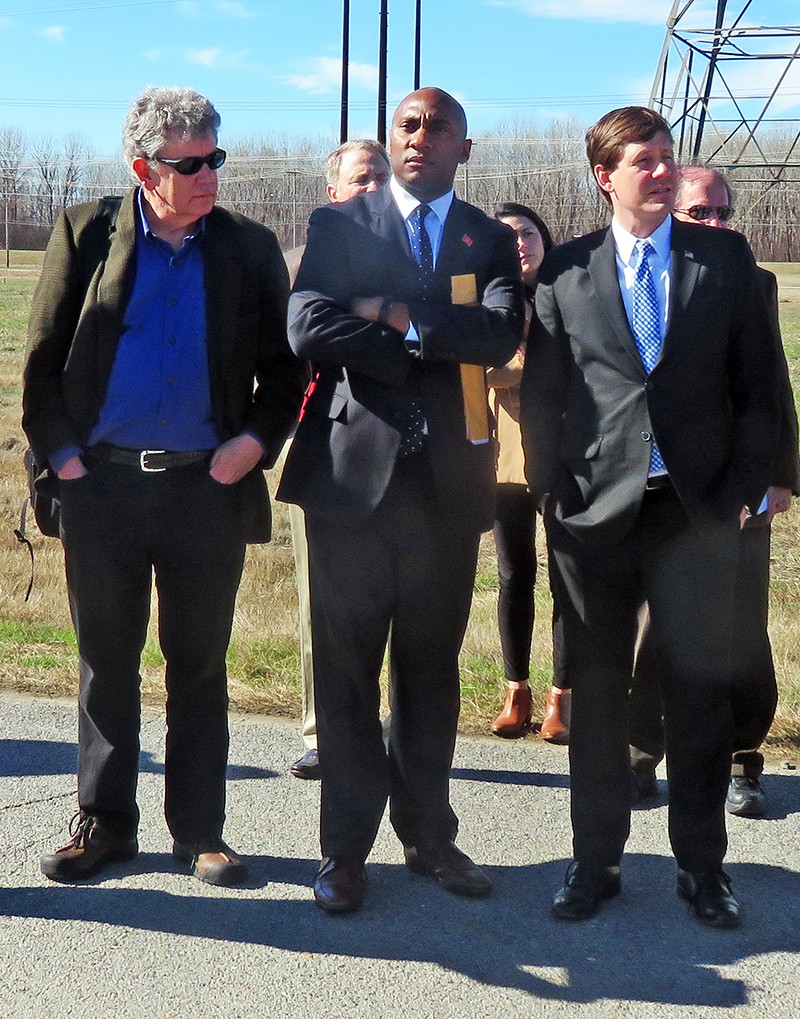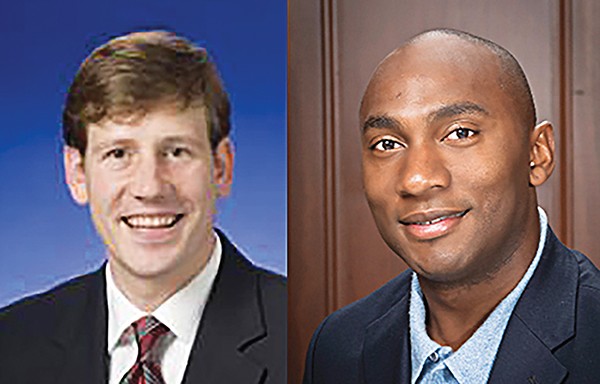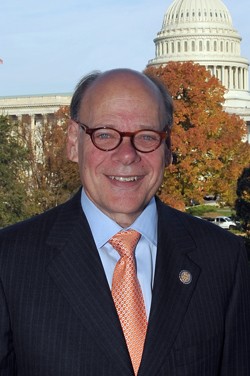In both our editorial and in this week’s cover story there are a few oblique references to a phenomenon that seems to be on the rise, in Nashville as well as in Washington. And that is an increased readiness of elected public officials to shake somewhat loose from their ideological preoccupations and habits of gridlock — long enough, anyhow, to work effectively to the public good across party lines.
A first-class example of this is the recent joining together for a worthy purpose of two local state senators, each with some claim to political prominence and each with a past record of intense partisan loyalty.
It is still too early to determine just what concrete results might be achieved from the joint efforts of Senator Lee Harris, a Memphis Democrat, and Senator Brian Kelsey, a Germantown Republican, in publicly challenging the intentions of the Tennessee Valley Authority to employ five newly constructed wells in siphoning off from three to five million gallons of water a day from the Memphis Sand aquifer.
TVA’s stated purpose with the wells is to use the water pumped up from the aquifer to cool the machinery of their soon-to-be natural-gas power plant on President’s Island, currently under construction and slated to go online in 2018, replacing the authority’s existing coal-powered plant.
Environmentally knowledgeable citizens, like Ward Archer of the ad hoc Protect Our Aquifer organization and Scott Banbury of the Sierra Club, have been waging a campaign of resistance to TVA’s plans, warning of posssible damage to the clay layers surrounding the aquifer and potential contamination of its contents, the famously pure Memphis drinking water.
They, aided by experts like Brian Waldron, director of the Center for Applied Earth Science and Engineering Research (CAESER) at the University of Memphis, have done their best to make sure that such possible consequences are recognized and taken into account, and have argued that TVA has several alternative sources for its cooling water, all readily at hand — in the Mississippi River, in a nearby alluvial basin, and from the Maxson Wastewater Treatment plant.
And TVA also has the option of purchasing the water it needs directly from MLGW. Arguing that all of these methods would be costlier than drilling water directly from the Sand aquifer, TVA has plugged on with its plans and won approval to do so from the Shelby County Groundwater Quality Control Board, which levied its judgment not on the pros and cons of the matter but essentially on whether TVA had gone through the right protocols in applying for its drilling permits.
Enter Harris and Kelsey, who joined such other public officials as Memphis Mayor Jim Strickland and 9th District Congressman Steve Cohen, in calling for TVA to take no chances with the Memphis aquifer and to pursue one of the other aforementioned options to secure its coolant water.
Harris and Kelsey did more than merely protest; they led a pilgrimage of local media last week to several of the local sources relevant to the TVA/aquifer controversy, including an MLGW water-processing plant, the site of one of the newly drilled wells, and the TVA’s naural-gas facility, nearing completion.
At the latter site, Kelsey noted for the attendant media that the new TVA plant would be “a great thing,” given its ability to operate without the gross air pollutants produced by the coal-operated plant it will replace. But, he warned, the gains in environmental safety could be offset by a “bad thing,” the danger of contamination to the source of Memphis drinking water, should TVA follow through on its plans for drilling into the Sand aquifer.
As Kelsey put it earlier, succinctly, “There’s no point in trading bad air for bad water.”
Even those in the environmental movement who had mistrusted some of Kelsey’s other political positions as being overly conservative are grateful for his intercession, and for his active ad hoc alliance with Harris, a political opposite number in every sense. The two of them together are using a bully pulpit to make their concerns known, and it remains to be seen what the results of that will be.
And, given his political connections and concerns about pollution, Kelsey might well be a source of corrective advice for the Trump administration, which, according to a news item last week, has the option of making enough new appointments to the TVA board this year to form a governing majority on it.
According to sources, the new administration is said to favor TVA’s continuing with coal-burning plants. Memphis has moved beyond that stage, but other sites in TVA’s coverage area haven’t.
 Jackson Baker
Jackson Baker 




